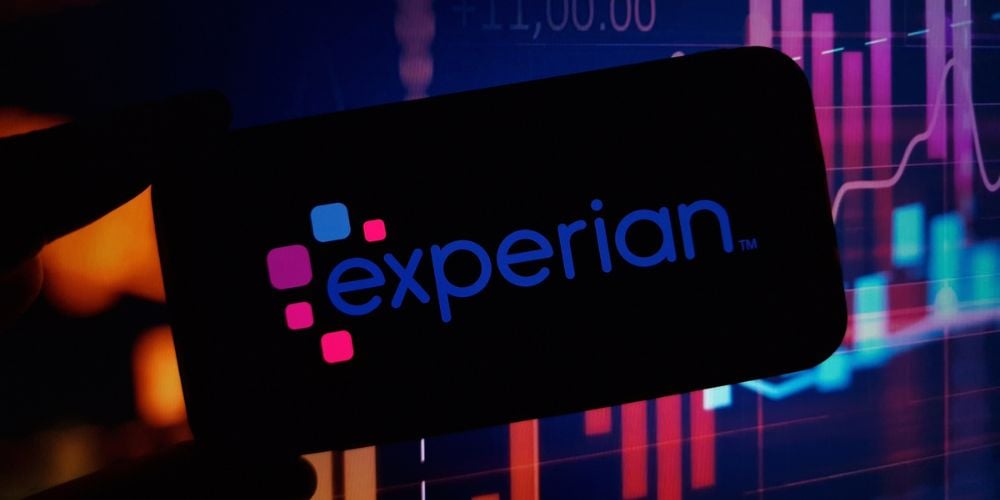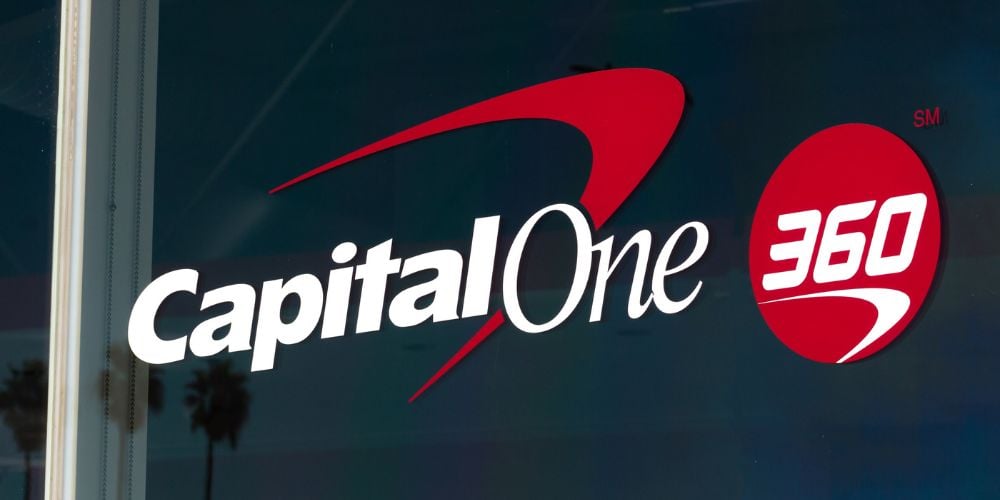When applying for a credit card, understanding the role credit bureaus play in the approval process is essential.
Capital One, like many other financial institutions, relies on credit bureaus to assess an individual’s creditworthiness.
In this comprehensive guide, we will delve into the credit bureau selection process at Capital One and shed light on whether they use Experian, TransUnion, or Equifax.
What Credit Bureau Does Capital One Use? Overview of Capital One’s Credit Bureau Usage
Capital One is known to pull credit reports from all three major credit bureaus – Experian, TransUnion, and Equifax.
These bureaus provide consumer credit information necessary for assessing an individual’s credit history and creditworthiness.
While it is uncertain which specific credit bureau Capital One uses for each credit card application, reports suggest that they use these bureaus with similar frequency. This indicates that Capital One strives for a comprehensive view of an applicant’s credit profile.
Understanding the Three Major Credit Bureaus
Equifax
Equifax is one of the three major credit bureaus, providing credit information on individuals to businesses and lenders. They gather data from various sources such as creditors, public records, and consumers themselves.
Equifax collates this information into credit reports that help lenders assess creditworthiness.
With a rich database, Equifax offers an extensive range of credit products and services to businesses and individuals alike, ensuring accurate credit assessment.

Experian
Experian is another prominent credit bureau that collects and analyzes consumer credit information.
With vast databases holding records of individuals’ credit history, payment behavior, and financial obligations, Experian is a trusted source for credit reports. Lenders rely on Experian’s credit reports to evaluate borrower risk and make informed decisions.
Experian’s comprehensive data coverage and advanced analytics empower businesses, including Capital One, in assessing creditworthiness accurately.
TransUnion
TransUnion completes the trio of major credit bureaus. Similar to Equifax and Experian, TransUnion collects consumer credit information across various lenders and sources.
Their credit reports provide an overview of an individual’s credit history, helping lenders understand their creditworthiness and repayment behaviors.
Capital One, among other lending institutions, looks to TransUnion’s reports to evaluate and mitigate credit risks.
Factors Influencing Credit Bureau Selection
The credit bureau selection process at Capital One considers several factors. While the specific criteria are not publicly disclosed, the following are likely considerations:
Availability of credit data
Capital One would select a credit bureau that possesses comprehensive and accurate credit information. Availability and accuracy of credit data significantly impact creditworthiness assessment.
Accessibility and cost
The ease of accessing credit reports and the associated costs may influence the credit bureau selected by Capital One.
Streamlined access to credit information positively impacts the efficiency of the credit evaluation process.
Regional preferences
Some credit bureaus may have a stronger presence in specific regions. Capital One may take this into account when selecting a credit bureau, ensuring they have access to relevant data within the specific market they operate.
Industry standards and regulations
Compliance with industry standards and regulatory requirements plays a crucial role in credit bureau selection.
Capital One ensures that the chosen credit bureau adheres to all relevant regulations and industry best practices.
Tips for Managing Credit Scores Across Bureaus
Managing credit scores across multiple credit bureaus can help maintain a healthy credit profile. Here are some tips to consider:
Regularly monitor credit reports
Stay updated on your credit reports from all three bureaus to identify any errors or discrepancies that may affect your creditworthiness.
Regular monitoring allows you to take necessary steps to rectify any inaccuracies in your credit report promptly.
Pay bills on time
Consistently paying bills by their due dates helps maintain a positive payment history across credit bureaus.
Making on-time payments showcases responsible financial behavior and boosts your creditworthiness.

Maintain a low credit utilization ratio
Aim to keep your credit card balances well below the card limits, as this can positively impact your credit scores across bureaus.
High credit utilization can be an indicator of financial strain and may negatively impact your creditworthiness.
Avoid unnecessary credit inquiries
Limiting the number of credit applications and inquiries can help maintain a healthier credit profile.
Frequent inquiries may be perceived as a sign of financial instability and could potentially impact your credit scores.
Review credit reports for accuracy
Regularly check your credit reports for accuracy, ensuring that all information is up-to-date and reflects your true credit history.
Discrepancies or incorrect information can be disputed with the respective credit bureau to ensure accurate credit assessment.
Frequently Asked Questions
What FICO score does Capital One use for credit cards?
Capital One primarily uses FICO scores for credit card approvals. However, the specific FICO score version they use is not publicly disclosed. FICO scores are widely accepted and utilized by many lenders to assess an individual’s creditworthiness.
What credit bureau does Chase use?
Chase, another major credit card issuer, relies on credit reports from all three major bureaus – Equifax, Experian, and TransUnion. This allows them to obtain a comprehensive view of an applicant’s credit history.
What credit bureau does Capital One use for auto loans?
Similar to credit card applications, Capital One is known to pull credit reports from Experian, TransUnion, and Equifax for assessing auto loan applications. This ensures a thorough evaluation of the borrower’s creditworthiness before approving a loan.
What credit bureau does Credit One use?
Credit One, a credit card issuer specializing in subprime credit cards, primarily uses Experian to assess creditworthiness. Experian’s comprehensive credit data and scoring models help Credit One evaluate the credit risk associated with subprime borrowers.
What credit score does Capital One use for auto loans?
While Capital One doesn’t publicly disclose the specific credit score they use for auto loan approvals, it is likely based on a FICO score model. FICO scores are a well-established credit scoring system that many lenders, including Capital One, rely on for loan assessments.
Conclusion
While Capital One doesn’t publicly disclose its specific credit bureau preferences, reports indicate that they rely on comprehensive credit reports from all three major credit bureaus – Experian, TransUnion, and Equifax.
Understanding the role of these major credit bureaus and managing credit wisely across them can greatly impact your creditworthiness and increase your chances of approval for credit card applications.
By staying informed and following best practices for credit management, you can enhance your creditworthiness, making it easier to access credit products and financial opportunities.


 Tags:
Tags:










